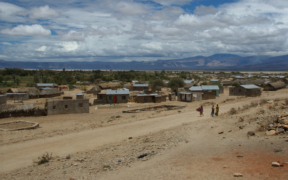Category:
Workforce
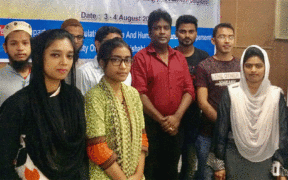
Knowledge SUCCESS’ Brittany Goetsch chatted recently with Dr. Mohammad Mosiur Rahman, Professor, Department of Population Science and Human Resource Development, University of Rajshahit, the principal investigator (PI) of the research team, to learn how they used secondary data sources to explore the similarities and differences in facility readiness to provide FP services across 10 countries.
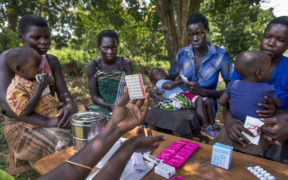
Marie Stopes Uganda’s Gulu Light Outreach provides free mobile clinics that engage Northern Ugandan communities on reproductive health. Using peer-to-peer influence and outreach in markets and community centers, the team educates young people on contraceptives. It aims to spur family planning and support a culture that prioritizes the futures of its youth and the sustainability of its environment.

Working side-by-side with committed governments, implementers, and funders, Living Goods aims to save lives at scale by supporting digitally-empowered community health workers (CHWs). With its support, these local women and men are transformed into frontline health workers who can deliver on-demand, life-saving care to families in need. They go door-to-door treating sick children, supporting pregnant mothers, counseling women on modern family planning choices, educating families on better health, and delivering high-impact medicines and health commodities.

Likhaan is a non-government, nonprofit organization established in 1995 to respond to the sexual and reproductive health needs of women experiencing poverty. It runs community-based health programs anchored on three strategies: community education and mobilization; provision of primary, integrated sexual, and reproductive health (SRH) care; and advocacy for rights-based and equitable health policies.

How might we encourage the FP/RH workforce to share knowledge with each other? Particularly when it comes to sharing failures, people are hesitant. This post summarizes Knowledge SUCCESS’s recent assessment to capture and measure information-sharing behavior and intention among a sample of FP/RH and other global health professionals based in sub-Saharan Africa and Asia.
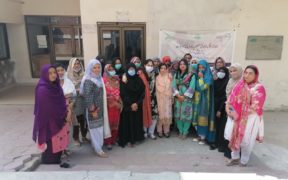
Safe Delivery Safe Mother aims to address high fertility and reduce maternal mortality in Pakistan. Recently, the group implemented a pilot project that trained over 160 government-deployed Skilled Birth Attendants (SBAs) in the Multan district of the Punjab province. The six-month pilot project concluded in February. The Safe Delivery Safe Mother team is in the process of sharing recommendations on how to increase the use and acceptance of post-partum family planning with the Pakistani government and other partners.

A major barrier to young people’s access and use of family planning is mistrust. This new tool leads providers and young potential clients through a process that addresses this barrier by fostering empathy, creating opportunities to improve youth family planning service delivery.
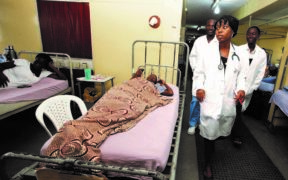
SHOPS Plus implemented a gender-transformative supportive supervision activity in Nigeria. Their goal? Improve performance, retention, and gender equity for voluntary family planning providers.




